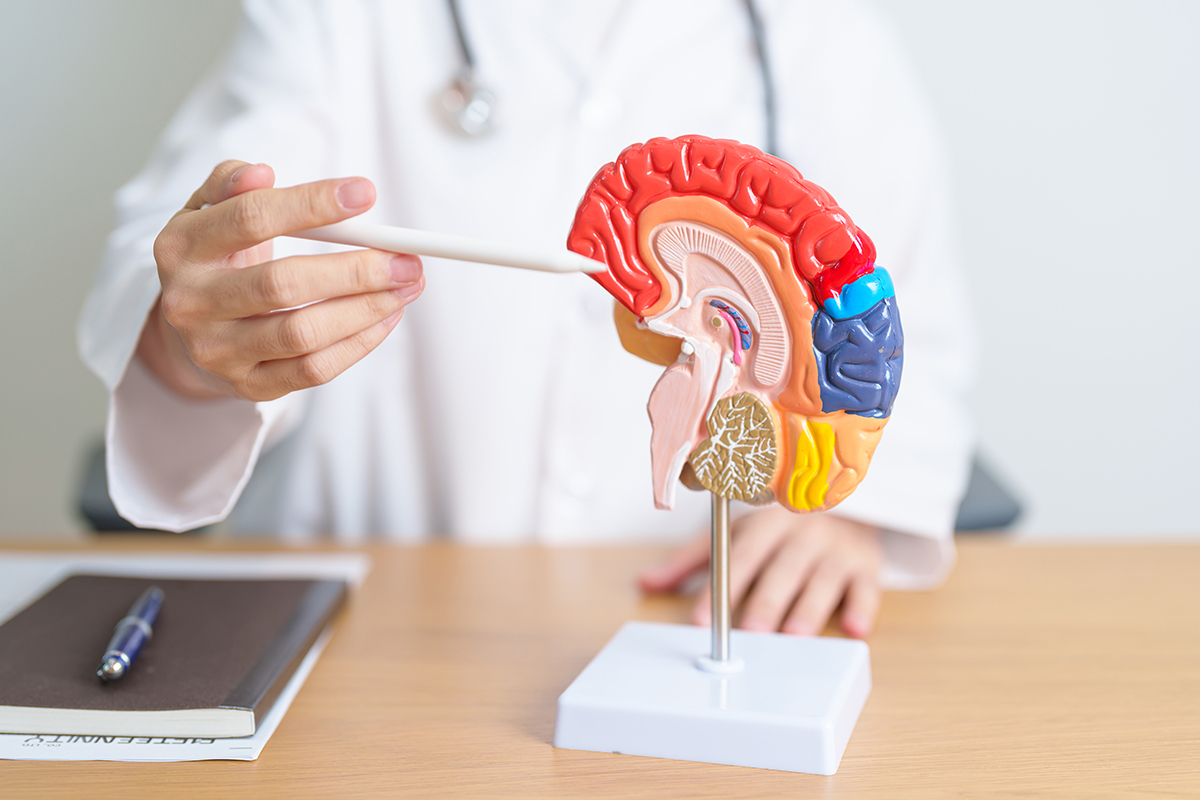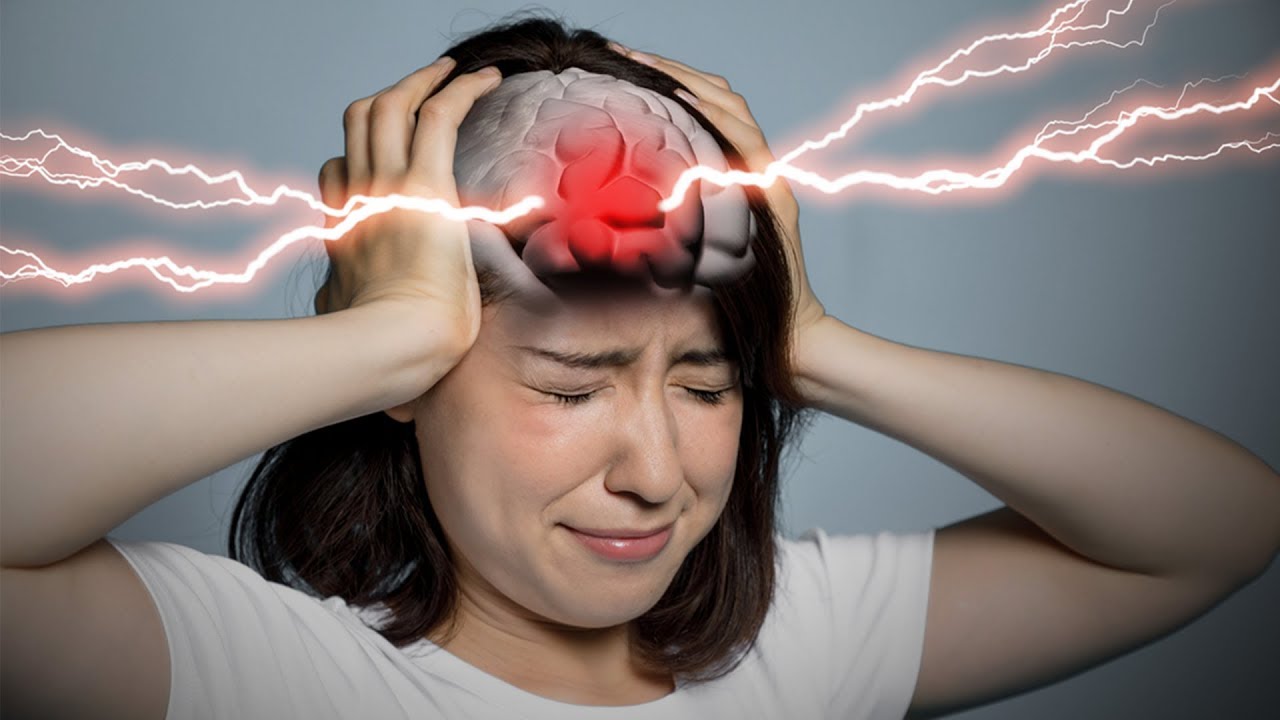Brain stroke is the second leading cause of death the third leading cause of disability and the second leading cause of death around the world. Every year World Stroke Day is observed on October 29th to emphasize the serious nature and high rates of stroke. The day is also observed to raise awareness of the prevention and treatment of strokes.

This year, 2024, the World Stroke Day Theme is “#GreaterThanStroke active challenge”. This theme leverages the emotional power of sport to raise awareness about stroke and encourage action on stroke prevention and rehabilitation.
The emotional power of sport is remarkable for raising awareness about stroke, as it connects people across all demographics and communicates complex health messages in an inspiring, impactful way. Athletes who have personally experienced strokes or support stroke awareness campaigns can serve as powerful advocates, sharing their stories of resilience and recovery. This inspires audiences to recognize the risks and signs of stroke and motivates them to take preventative action.
Recognizing a Brain Stroke:
Recognizing a stroke attack quickly is crucial, as early intervention can significantly improve outcomes and reduce potential brain damage. Strokes can happen to anyone, at any age. It is a medical emergency.
B.E.F.A.S.T is an acronym, to help identify a stroke attack. Each letter stands for:
B—Balance: Sudden loss of balance, coordination, or dizziness can be an early sign of a stroke. It could also be a red flag if someone seems unsteady or has trouble walking.
E – Eyes: Vision changes, such as sudden double vision, blurred vision, or complete loss of vision in one or both eyes, are common during a stroke.
F – Face Drooping: One side of the face may droop or feel numb. Ask the person to smile; an uneven smile can be an indicator.
A-Arm Weakness: Arm or leg weakness on one side of the body is a classic stroke symptom. Ask the person to raise both arms; difficulty lifting one arm is a warning sign.
S – Speech Difficulty: Slurred or difficult speech is another major stroke symptom. Ask them to repeat a simple sentence to check for clarity.
T – Time to Call Emergency Services: Call emergency services immediately if any of these symptoms appear. Rapid action is essential to reduce potential brain damage.
Knowing these signs and acting quickly can save lives and reduce long-term disabilities associated with stroke.

The Emotional Power of Sport to Raise Awareness:
The emotional power of sport is remarkable for raising awareness about stroke, as it connects people across all demographics and communicates complex health messages in an inspiring, impactful way. Athletes who have personally experienced strokes or support stroke awareness campaigns can serve as powerful advocates, sharing their stories of resilience and recovery. This inspires audiences to recognize the risks and signs of stroke and motivates them to take preventative action.
For example, basketball player Chris Bosh, who experienced blood clot-related complications, raised awareness about stroke prevention and the importance of understanding one’s health risks. Similarly, former NFL linebacker Tedy Bruschi suffered a stroke in 2005, and after recovery, he returned to professional football, later becoming an advocate for stroke awareness.
Ref:
https://www.stroke.org/en/about-the-american-stroke-association/world-stroke-day
https://www.pacehospital.com/world-stroke-day-29-october-theme-and-importance
Disclaimer
The Content is not intended to be a substitute for professional medical advice, diagnosis, or treatment. Always seek the advice of your physician or other qualified health provider with any questions you may have regarding a medical condition.